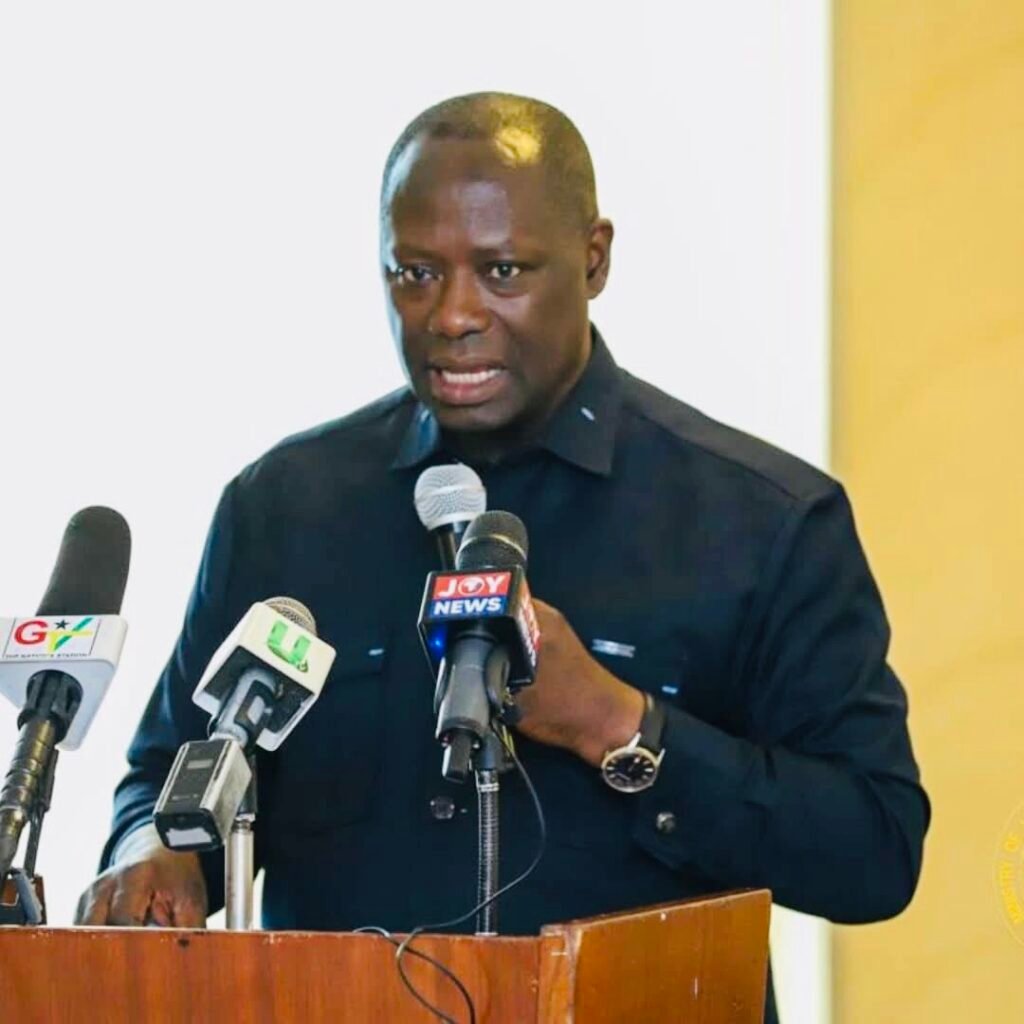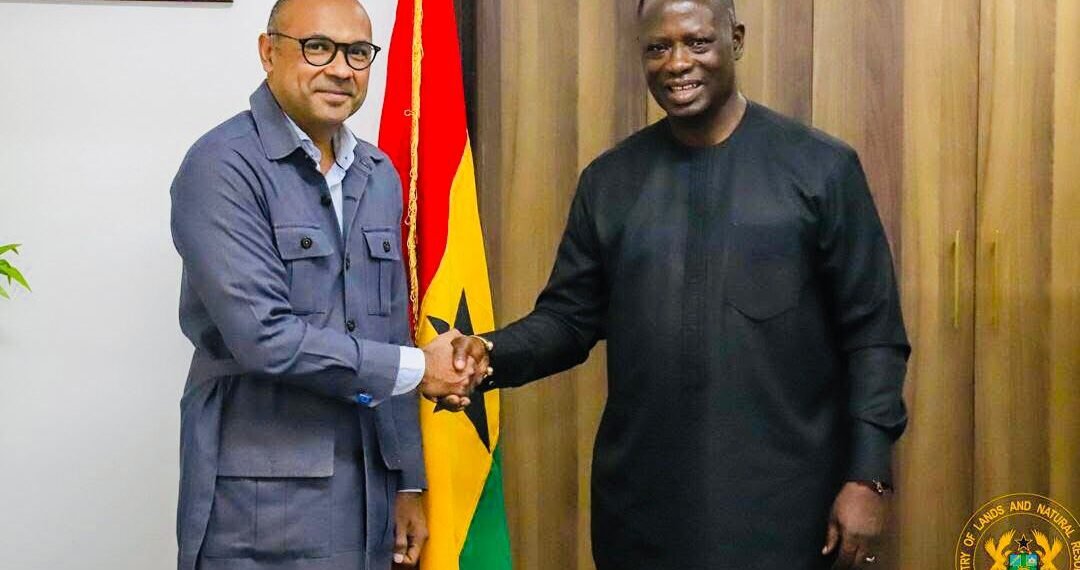Ghana will officially begin exporting Forest Law Enforcement, Governance, and Trade (FLEGT)-licensed timber to the European Union on October 8, 2025, becoming the first African country and the second worldwide after Indonesia to achieve this milestone.
The announcement was made by the Minister for Lands and Natural Resources, Hon. Emmanuel Armah-Kofi Buah (MP), during the 13th Session of the Joint Monitoring and Review Mechanism (JMRM) between Ghana and the European Union (EU).
The move marks the culmination of 16 years of reforms, legal restructuring, and technological innovation aimed at strengthening forest governance, tackling illegal logging, and ensuring sustainable timber trade.
Addressing stakeholders at the event, Minister Buah described the development as “a defining moment for Ghana’s forestry sector and a testament to the country’s commitment to sustainable resource management.”

He explained that the process required Ghana to revise outdated forestry laws, introduce cutting-edge wood-tracking systems, and conduct extensive training for industry stakeholders, including sawmill operators and local communities.
“These reforms ensure that every cubic meter of timber exported from Ghana can be traced to its source, providing ironclad guarantees of legality and sustainability.”
Hon. Emmanuel Armah-Kofi Buah (MP), Minister for Lands and Natural Resources
He added that Ghana’s FLEGT licensing system would not only give Ghanaian timber a competitive edge in the EU market but also serve as a benchmark for other African nations looking to reform their forest governance systems.
Boosting Trade and Forest Protection

The EU is one of the world’s largest timber markets, with 450 million consumers, and Ghana’s access through FLEGT licensing is expected to unlock significant economic opportunities.
“By guaranteeing legality and sustainability, Ghanaian timber will enjoy unfettered access to the EU market.”
H.E. Irchad Razaaly, EU Ambassador to Ghana
He praised Ghana for its persistence and political will over the last decade and a half, stressing that the October launch was “not just a date on the calendar but the culmination of years of commitment, responsibility, and collaboration.”
Analysts say the entry into the EU market will boost Ghana’s timber exports, create thousands of jobs in the forestry value chain, and enhance investor confidence in Ghana’s natural resource management systems.
While celebrating the achievement, Minister Buah urged the Forestry Commission to intensify reforestation efforts to ensure sustainability in the long term.
He highlighted President John Mahama’s “Tree for Life” Reforestation Initiative, which seeks to restore degraded lands and expand commercial tree plantations.
“This licensing achievement should not make us complacent. It should rather spur us to plant more trees, reclaim degraded lands, and safeguard our biodiversity.”
Hon. Emmanuel Armah-Kofi Buah (MP), Minister for Lands and Natural Resources

The initiative is expected to reduce pressure on Ghana’s natural forests by encouraging commercial plantations that can supply timber for both domestic and export markets.
Ghana’s journey toward FLEGT licensing began in 2009 when it signed a Voluntary Partnership Agreement (VPA) with the EU. The agreement sought to improve forest governance and curb illegal timber trade.
Over the years, Ghana invested in systems such as the Wood Tracking System (WTS), which ensures that timber can be traced from the forest to the final export point.
Local communities were also engaged to help monitor compliance and benefit from timber revenues, fostering inclusivity in forest governance.
The reforms also introduced stricter penalties for illegal logging and improved transparency in the allocation of timber rights. These measures positioned Ghana as a global leader in responsible forest management.
By becoming only the second country in the world after Indonesia to issue FLEGT licenses, Ghana cements its reputation as a pioneer in sustainable forestry.
For the government, the achievement is more than just a trade facilitation measure; it represents a bold statement about Ghana’s capacity to implement complex reforms, balance development with sustainability, and lead Africa in global environmental governance.
READ ALSO: A Smart Move to Save the Cedi – Women in Forex Ghana Prez Hails BoG Directive























